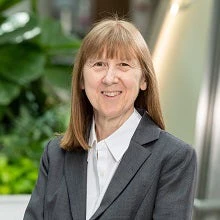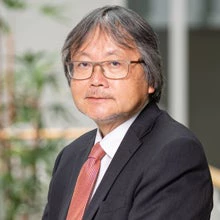 The Old Bridge in Mostar, Bosnia and Herzegovina on a summer's day
The Old Bridge in Mostar, Bosnia and Herzegovina on a summer's day
Improving people’s lives is at the heart of what we do as an institution, and central to our development goals are the poor and most vulnerable. The World Bank’s International Development Association (IDA) is the largest and most effective platform for fighting extreme poverty in the world’s lowest-income countries—especially as they battle the impacts of overlapping crises.
Over the past six decades, IDA has been a trusted partner to the poorest countries and a pioneer in tackling some of the most complex global challenges. Since September 1960, IDA has provided $496 billion to 114 countries to help bring positive change. And when recipient countries graduate to later return as donors, it is an important milestone not just for the World Bank but for international development and the fight against poverty.
From the Europe and Central Asia region, we just welcomed Armenia, Bosnia and Herzegovina, and Georgia as IDA donors. Croatia joined IDA20 with a pledge in December 2021, while Bulgaria and Azerbaijan contributed to IDA19. These countries are joining a cohort of existing IDA donors in the region—including the Czech Republic, Estonia, Hungary, Latvia, Lithuania, Poland, Slovenia, and the Slovak Republic.
This is good news for many reasons: First and foremost because the world is in dire need of international solidarity to ensure no one is left behind on the road to recovery from multiple crises. And donor contributions are critical to doing this through the IDA financing model where every $1 that donors contribute to IDA results in almost $4 for development in the poorest countries.
Specifically, the current $93 billion package was made possible by donor contributions from more than 50 high- and middle-income countries totaling $23.5 billion, with additional financing raised in the capital markets, repayments, and the World Bank’s own contributions. This financing has been critical to helping countries through overlapping crises like Russia’s invasion of Ukraine, rising food and fuel costs, fallout from COVID-19, and the harsh realities of climate change.
There is also great poetry in this narrative: Armenia, Bosnia and Herzegovina, and Georgia are returning as IDA donors having once been recipients of IDA support in the wake of destruction caused by war. They joined IDA in 1993 and our partnership contributed to post-conflict recovery and building a more resilient future by focusing on growth and the modernization of their economies before their graduation in 2014.
IDA transformed the lives of ordinary people across all three countries. In Armenia, IDA supported institutional reforms and infrastructure investments in energy, water, and roads, as well as in education, health and social protection. In Bosnia and Herzegovina, IDA financed the reconstruction of key infrastructure, including the Mostar Old Bridge, making an ever-lasting mark on the rebound of tourism and economic development, and reinforced prospects for lasting peace. In Georgia, IDA helped the country build institutions, fight corruption, and ensure macroeconomic stability.
Today, these countries join as donors in a time of huge upheaval in the region—ready to share both resources and experiences. And IDA is strongly placed to channel it to the most vulnerable people.
It is our honor to welcome Armenia, Bosnia and Herzegovina, and Georgia to the IDA family—an extraordinary multilateral community laser focused on delivering results for the world’s most vulnerable people. We look forward to learning from their experiences and embarking on realizing our shared vision for a green, resilient and inclusive future.



Join the Conversation